Years back, having a good camera was all a professional photographer needed to begin their career. But, times have changed and technological advances have introduced a range of accessories that help photographers deliver better pin-sharp shots.
However, with so many options on the market, it can be tricky knowing which one to choose. An excellent way to make good choices is to read expert reviews and recommendations on sites like Run Gun Shoot.
Here are some of the key accessories every photographer needs.
A Good Camera Bag
A camera bag is a basic necessity for every good photographer, especially one who is looking at making a profession out of it. A camera bag will protect your photography gear and help prevent damage. It is also helpful for carrying all of the smaller accessories. Most good camera bags are sectioned and all sections are padded to keep your various camera parts safe.
There are several kinds and sizes of camera bags, ranging from pouches, fashion bags, holster cases and backpacks. Ultimately, choose one that appeals to you and is also comfortable to use.
A Reflector
For a perfect photoshoot, you require perfect lighting and that is why a reflector is vital. When you have a reflector, you don’t have to worry about weather changes during a shoot. On sunny days, it can redirect sunlight towards a specific scene or subject, a process that makes photos appear brighter.
Reflectors also come in handy on cloudy days. They fill in any shadow cast and add some light to your shot. What’s more, they hinder distracting light and give your subject the right glow. Reflectors are usually foldable and easy to pack. For as low as just $20, you can get a 5-in-1 reflector with all five of the common reflector colors: gold, translucent, silver, black and white.
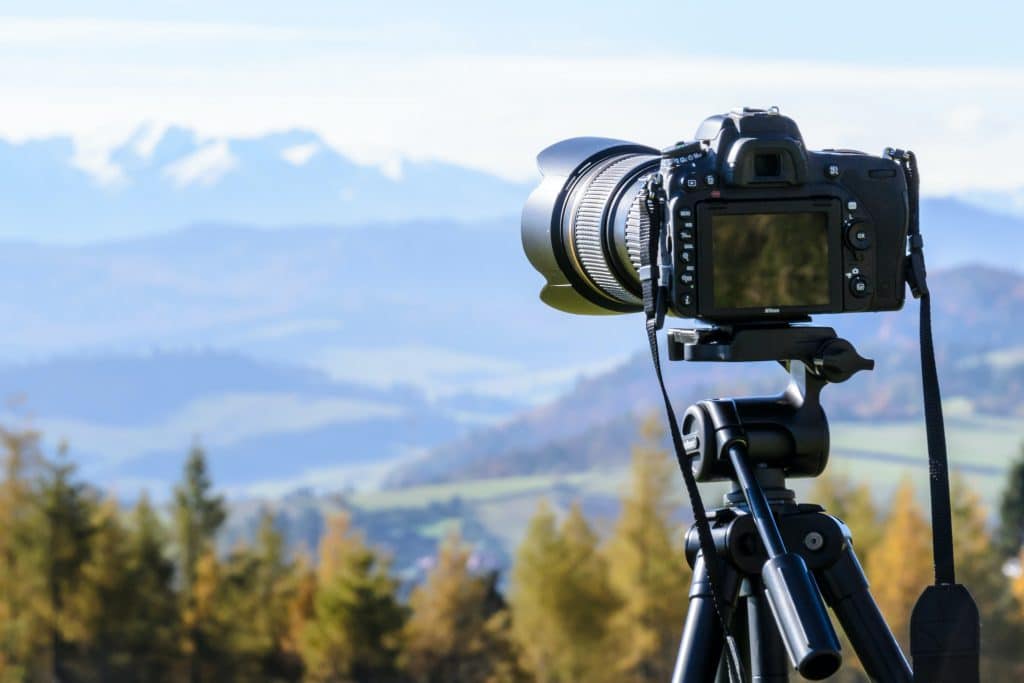
A Tripod
A tripod is a mobile three-legged stand that helps photographers take better shots. As long as you hold your camera in your hands while shooting, you run the risk of taking blurry photos – especially if your target is in motion. With a tripod, however, you get the stability required to take shots at precise angles so your images turn out more accurately.
It goes without saying that a tripod head is needed to connect your tripod stand to your camera – unless you prefer an all-in-one tripod that has a tripod head permanently attached. However, depending on the type of tripod stand you purchase (a pocket, compact, monopod, or full-sized tripod, for example) you can acquire either a Ball Head, 3-way head, 2-way head, or Geared Head as your tripod head.
Lens Filters
The importance of a lens filter may be arguable, but this is not to say that they are not necessary. Lens filters offer the same luxury as sunglasses do to your eyes. That is, they protect your camera lens and control the amount of light entering your lens. However, there are different types of lens filters and each has distinct uses.
Natural density (ND) filters regulate light while ultraviolet light filters prevent haziness and fogginess. On the other hand, color-correcting filters enhance the color of your shots. At the very least, getting a lens filter to protect your camera lens from dust, scratches, and cracks is essential.
A Remote Shutter Release
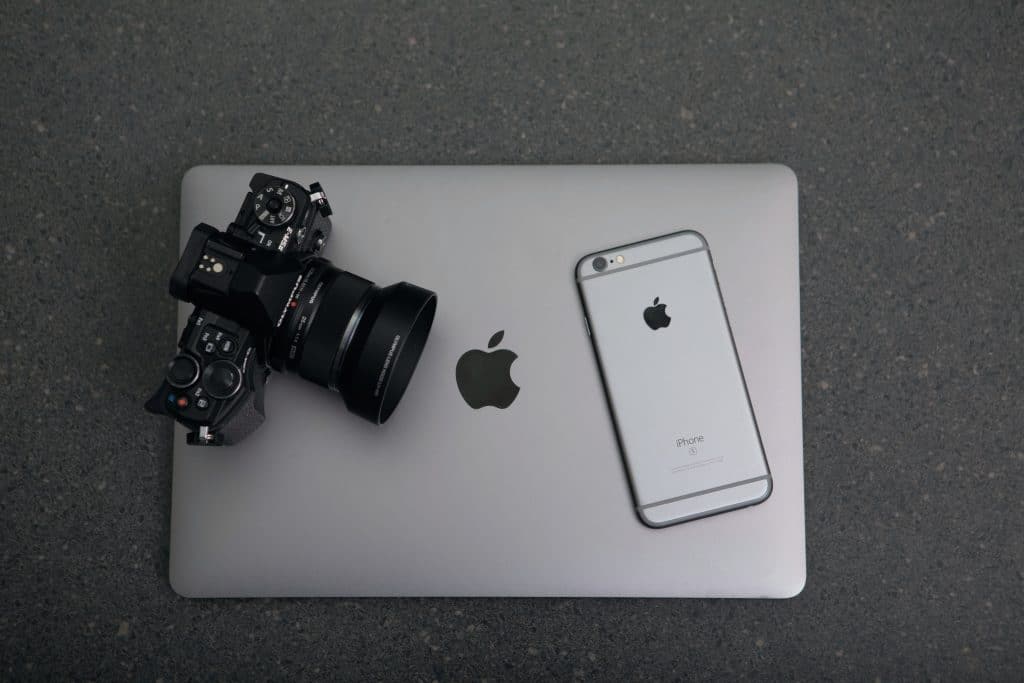
Every camera naturally has an in-built shutter release and just like a television remote control, a remote shutter release is a device that helps you release the shutter without having to touch your camera.
Aside from getting a tripod, you will require a remote shutter release to help you shoot hands-free to further prevent blurry shots. There are wired and wireless remote shutter releases, but the wireless models are the most convenient. You wouldn’t want to be limited by distance from having a cord limiting your options. These remote trigger releases are usually cost-friendly and easy to come by.
Go for It
Doing what you love means investing in yourself, and in the right tools, you need to be successful. Getting some of the accessories listed here will take you one step closer to being the professional photographer you envisioned. Be sure to invest in quality equipment, and shop around for the best deal. Finally, practice with your equipment regularly. The more experience you gain in using these accessories, the better photographer you will become.

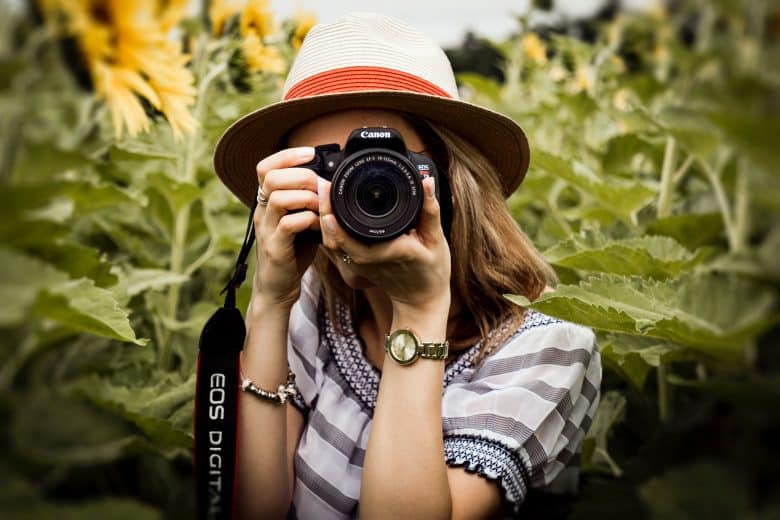






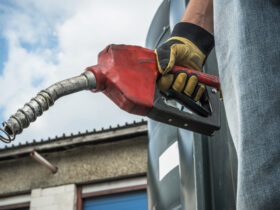


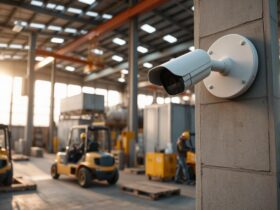
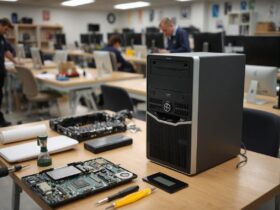
Leave a Reply